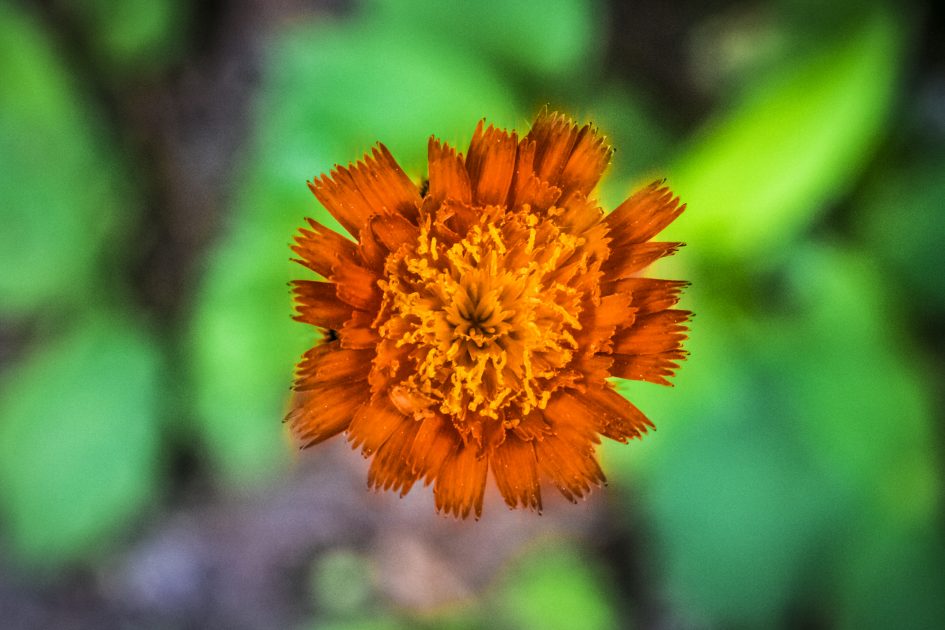Reflection
Before:
On the first day of class we defined “childhood” as:
– the time between infancy and adulthood when introduced to social constructs/regulations and when we learn to grow as individuals – Combo of beginning years of life and person’s mental capabilities
– a time of psychological growth and time to be nurtured
– the age when you have different needs than when fully grown (different stages) – socially and culturally contingent
– “childhood the kingdom where no one dies” > notion of innocence and when it “dies” because of awareness of wider world
– stage of dependence and when vulnerable to outside environmental influences
– period when a person learns about world through senses, imagination, and play (does this end in adulthood?)
– is childhood imagination always a good thing? Especially because imagination is shaped by family, society, etc. Is there a “right” way to imagine?
We defined “education” as:
– can be defined differently depending on class, race, gender, geographic location (what one learns is dependent on socio-cultural ideas)
– education can happen in places outside of schools (home schooling, religious instruction, work learning, etc.)
– educational curriculum is culturally contingent (i.e. storytelling in Indigenous communities)
– any experience that is conducive to learning and/or personal growth
– ability to reflect and be aware of one’s surroundings so as to bring about selfdirected and experiential learning
– equips a person with socially acceptable qualities
– it’s possible that a person can be highly qualified but not necessarily educated
– education is the controlled and curricularized introduction of concepts and ideas to an individual through manufactured experience
– conditioning practice and skill-building and can include trauma (witnessing/ experiencing trauma and learning from it) > also the flip side…can learn from positive experiences
– learning to “live” (eat, move, etc.) to learning to be “something” (profession, etc.) and involves all aspects of learning in life
After:
By the end of the term, looking back, I believe many of these are still accurate, but the truth of them is more nuanced. From what we learned, I think that there are so many different factors at play in childhood and education, that we cannot use blanket statements like these to define them. I do not believe we can even really define them, as every experience is, and will be, different. Some might experience their childhood and education according to the ways we have defined them. Chances are, these are the ways in which most of us experienced them. But for a child in another country, especially a developing country, these definitions may look quite different. Even looking back in time, as we did in the course, we can see that how childhood and education was defined has undergone tremendous changes. The concept of childhood did not even really exist at the turn of the last century, whereas today it is a well defined section of life. Education as well has undergone many changes, and has been used as a tool of social control and assimilation, as well as simply a way to better the lives of youth. My definition of childhood and education has stayed relatively constant, yet it has been changed to encompass a larger field of definitions and experiences. As my life goes on I have no doubt my definitions of these two things will continue to evolve, as will the subjects themselves.
This semester has also seen me developing my research skills. I have practised my abilities to read between the lines and analyze a source to get more out of it than its face value. This means I now pay greater attention to the historical timeframe, who created the source, and for what purpose. I ask more questions, and know which questions I should be asking in the first place. I can then use this information to add to my knowledge of historiography of the era, and see how my source fits in. From the beginning, to the end, this course has made me a much better historian and researcher, and has given me a set of skills I will continue to use for the rest of my life.
